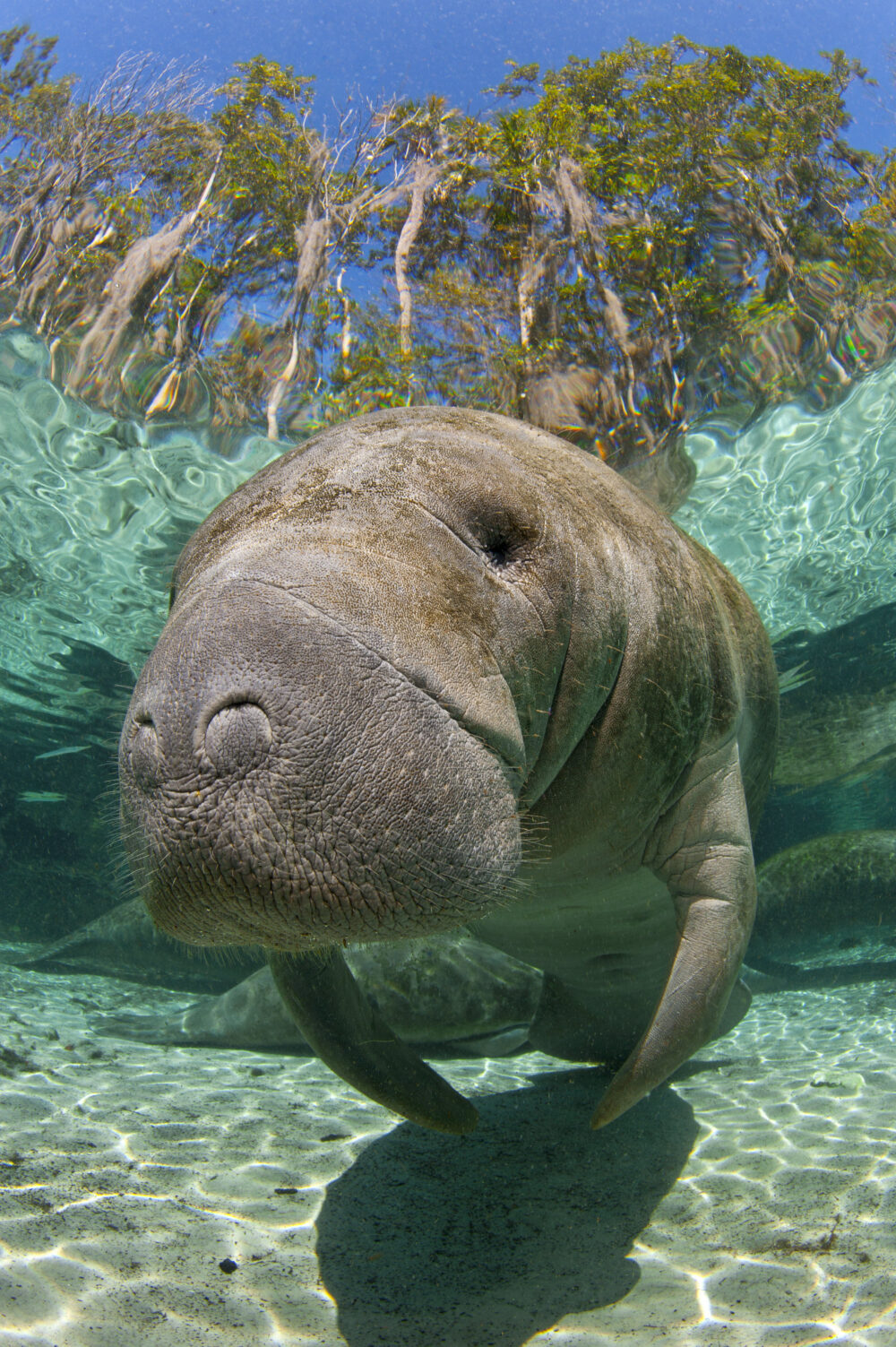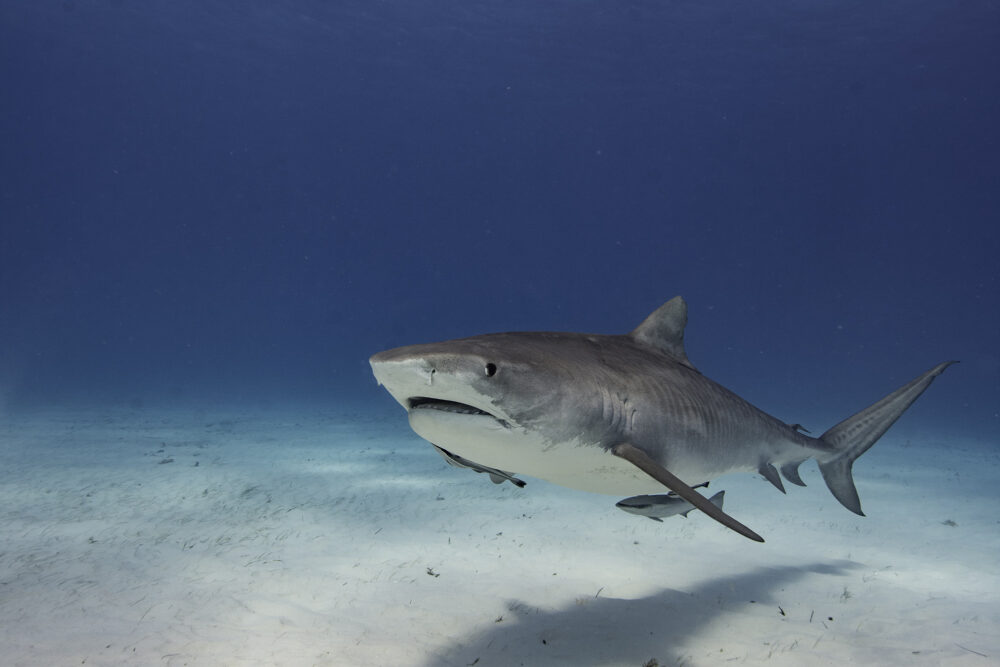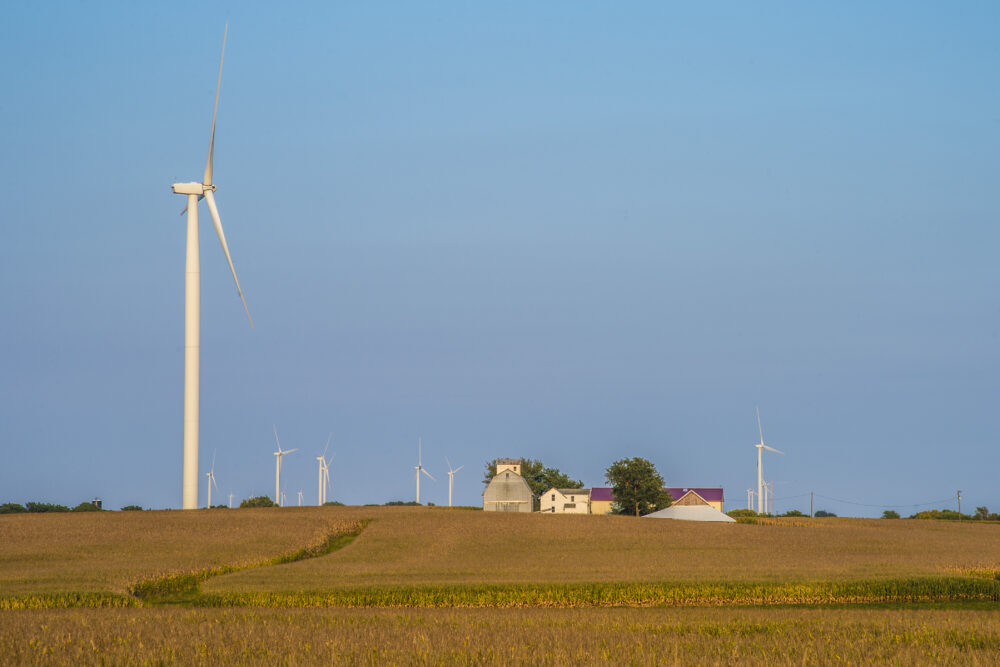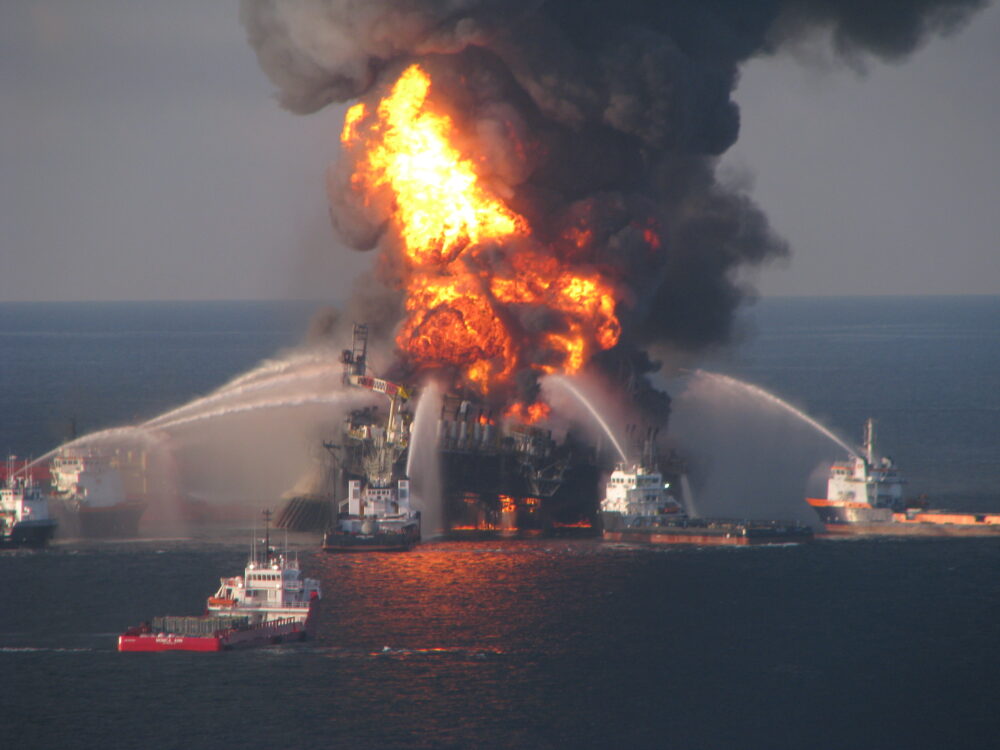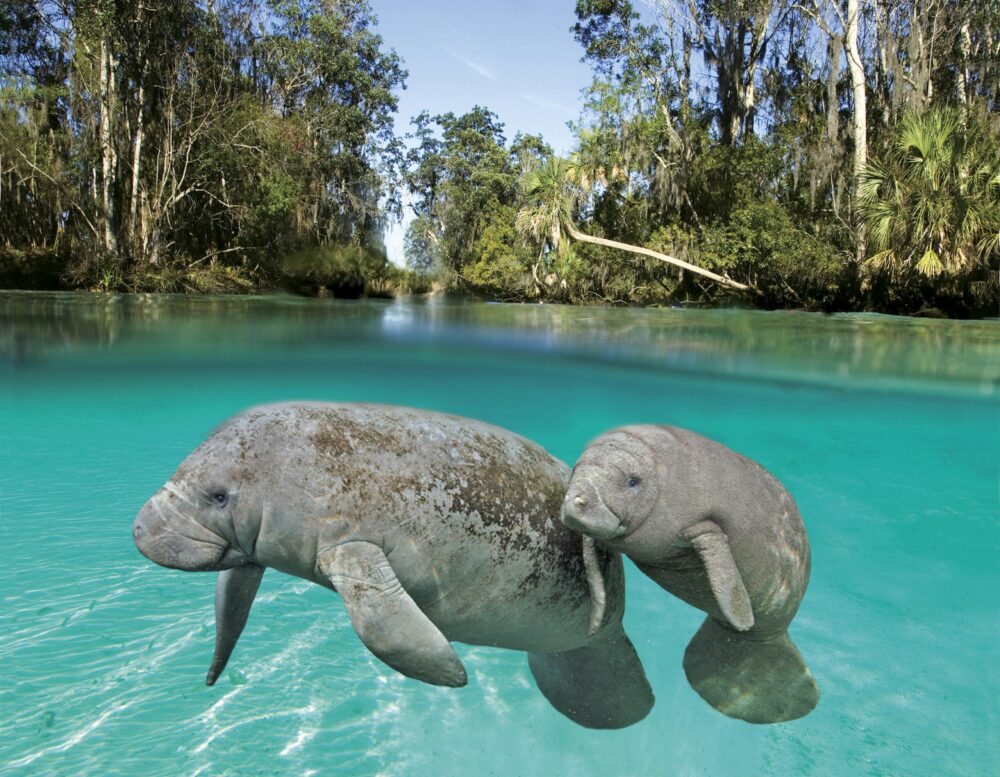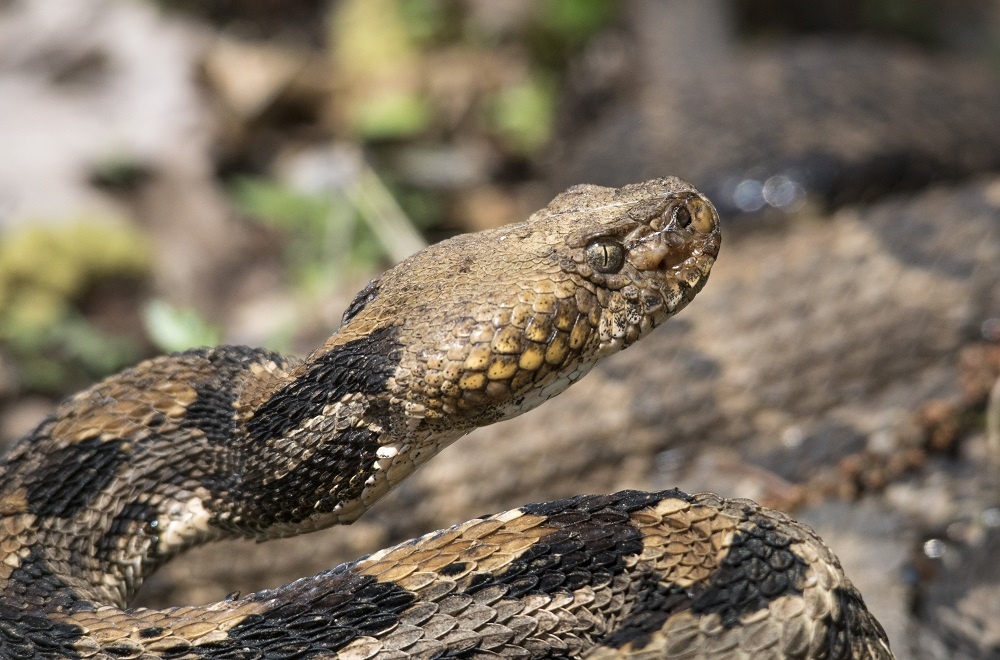We have much more to do and your continued support is needed now more than ever.
A Refreshing Breeze in New Hampshire
Over the weekend I attended and spoke at the Clean Air, Cool Planet conference in New Hampshire. What struck me most was how many people from so many walks of life took hold of their conservation heritage to speak out on global warming. Even conservative New Hampshire sportsmen firmly believe global warming is occurring and they want their elected officials to do something about it now.
I was especially encouraged to see National Wildlife Federation’s recent poll among New Hampshire hunters and anglers receive front page, above the fold coverage in Manchester’s Union Leader. This is one of the most conservative papers in the Nation. Read the full article.
Also, National Wildlife Federation’s video of our recent trip to Greenland is currently featured as the number 2 video on YouTube. There have been almost 200,000 total views. The video can be seen at http://www.youtube.com/.
Poll: Hunting, fishing, environment hand in hand
By PAT GROSSMITH
New Hampshire Union Leader Staff
Presidential hopefuls may want to take a look at global warming and where Granite State hunters and anglers stand on the issue, given a poll conducted by the National Wildlife Federation.
These normally conservative New Hampshire sportsmen believe global warming is occurring, that man’s activities are contributing to it, elected officials have a strong moral responsibility to do something about it and the United States should take the lead, according to Larry Schweiger, the NWF’s president and CEO.
The poll of 600 self-identified hunters and fishermen, more than half of whom described themselves as politically conservative, was taken in late September.
Schweiger said 60 percent of them believe global warming threatens New Hampshire’s quality of life and even more believe it is a threat to the skiing, hunting, fishing and maple syrup industries.
Sixty-six percent of the sportsmen agreed global warming is an urgent problem requiring immediate action, while 57 percent believe the country is doing too little to address the issue.
The United States should be a world leader in addressing global warming, according to 77 percent of those polled, while 87 percent believe the country can improve the environment and strengthen the economy by investing in renewable energy technologies that create jobs while reducing global warming.
Schweiger, who is a hunter and fisherman, said the sportsmen have a very strong sense of legacy and tradition and believe very strongly in stewardship, which is how they come to this issue.
He said their view also interweaves with national security and the need to move away from the country’s dependence on oil.
"There’s a strong sense that we can still do this and we can change the way we’re operating this country," he said.
The federation, Schweiger explained, is also hearing growing concern about cold water fishing. This summer in Montana, he said trout fishing was shut down at noon because the water was so warm and the combination of human activity and stress heat were killing fish.
"So we are seeing increasing numbers of sportsmen concerned about that," Schweiger said.
The profile of the sportsman polled is that of a Caucasian man, living in a small town or rural New Hampshire. More than half of them said they vote regularly and consider themselves politically conservative.
Jameson French, president of Northland Forest Products in Kingston, said the importance of the sportsmen poll is it shows people who are not necessarily typical of environmentalists are concerned about global warming.
Earlier this year, when a forest and climate change meeting was held in the state, he said they expected 50 people. But 350 people attended and included loggers, truck drivers and small sawmill owners.
French said when there’s a mud season in January for the third straight year, whether it is caused by carbon or something else "it is affecting their livelihood."
With the primary weeks away, 50 percent of these sportsmen remain undecided and 64 percent of that number are likely Republican primary voters.





